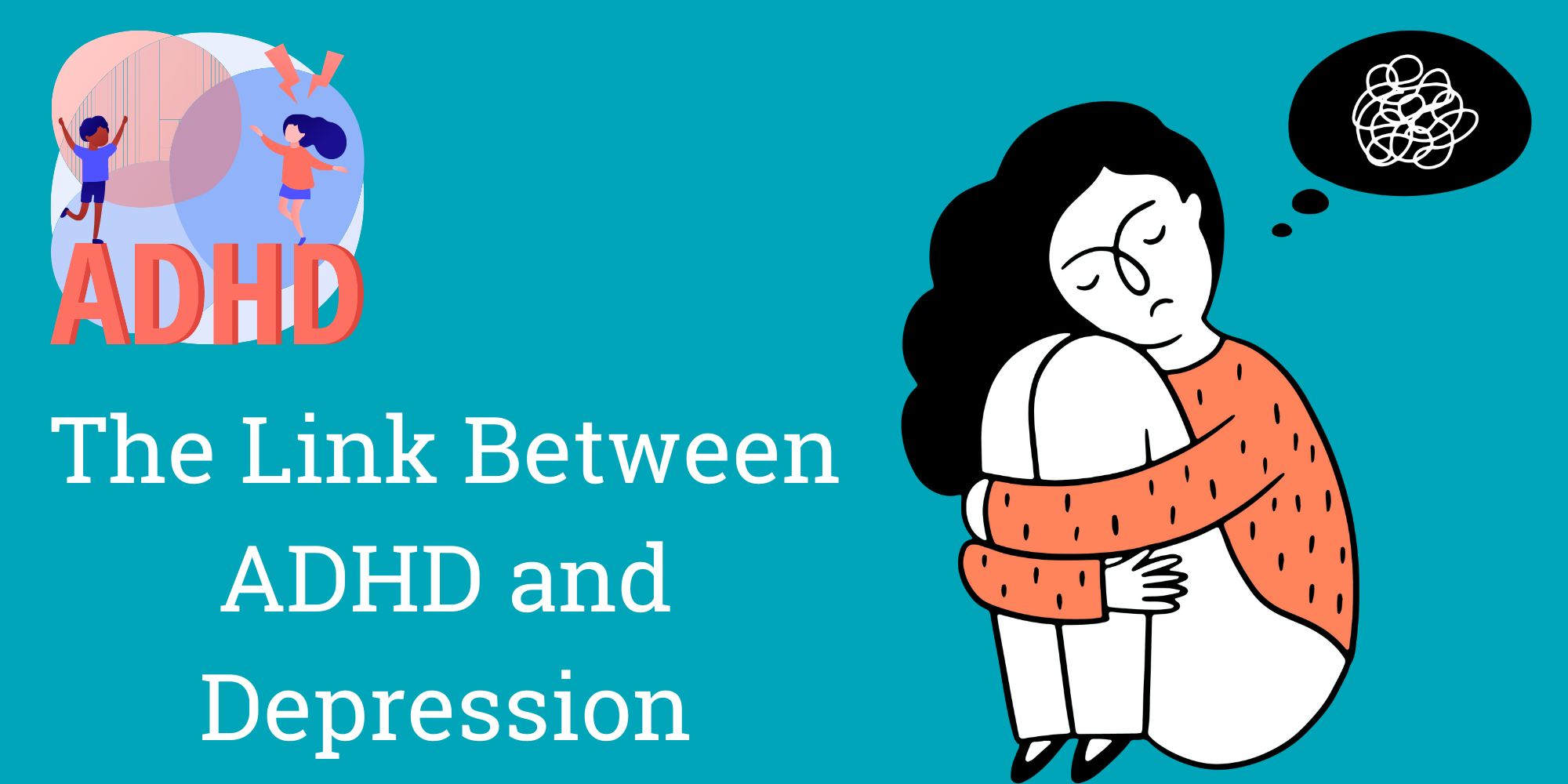
ADHD and Depression Connection
There are many types of depression: major depression, postpartum depression, bipolar depression, and seasonal affective disorder. Not only are there many types of depression, but depression can also occur at the same time as other mental health conditions. It’s very common for those with anxiety or ADHD to also have depression. This is called comorbidities.
Here at NextStep2MentalHealth, our multidisciplinary team of experts excel at diagnosing and treating comorbidities, including ADHD and depression.
In this article, we take a closer look at the ADHD and depression connection.
The ADHD and Depression Connection
Here are a few quick facts from the video:
- 30% of those with ADHD experience depressive episodes
- Dopamine is responsible for reward systems, mood, and those with ADHD may not have access to as much dopamine
- This leads to the potential feeling like “you’re running on half a tank”
- Those with ADHD may struggle more with emotional dysregulation, which means it can take longer to soothe after difficult emotions
Dopamine is a type of neurotransmitter, and it’s often called the “feel good” hormone. Your body makes it, and your nervous system uses it to send messages between nerve cells. Low levels of dopamine may contribute to feelings of depression.
Do You Have Depression?
If you have ADHD, you might also suspect you have depression if you can’t shake intense sad feelings, notice changes to your eating and sleeping routine, feel worthless or guilt, and lose passion for your favorite hobbies.
You can learn more about depression in these resources:
- How Untreated Depression Can Impact Your Health
- Teen Depression: What to Look For and How to Help
- 32 Ways to Help Someone with Depression (When They Don’t Want to Talk About It)
- 8 Risk Factors for Depression
- Do You Have Depression or Seasonal Affective Disorder?
- Overcoming the Negative Self-Talk Cycles of Depression
- 6 Uncommonly Thought Of Depression Symptoms That Shouldn’t Go Unnoticed
Treating ADHD and Depression

If you have both ADHD and depression, you need treatment that addresses the complexities of each condition. For example, you may benefit from strategies that promote emotional regulation. Other treatments for both ADHD and depression include:
- Medication (depression and ADHD both benefit from different types of medication)
- Lifestyle modifications, including regular exercise, good sleep hygiene, eating a balanced diet, and practicing stress management techniques
- Therapy
What to Do If You Think You Have Depression
With the right treatment, you can manage the symptoms of both of these conditions. Here at NextStep2MentalHealth, our team of experienced providers is skilled at diagnosing and treating many types of depression, including major depression, seasonal depression, and postpartum depression as well as adult and child ADHD.
If you’d like to make an appointment with our compassionate and knowledgeable providers, click here to make a telehealth or in-person appointment in our Louisville, Kentucky office. You can also call us at 502-339-2442.
Learn More
Is ADHD real?
ADHD is a biological illness involving deficits in the function of the prefrontal cortex and related neuronal pathways involved in processing…
Learn More
What is Mental Health?
Mental health is the state of well-being in which people understand their own potential, are capable of dealing with life’s stresses and challenges,
Learn MoreADHD in High Functioning Adults
One common fallacy about ADHD is that high functioning adults can’t possibly have ADHD. Many people assume that adults with ADHD are incapable of…
Learn More